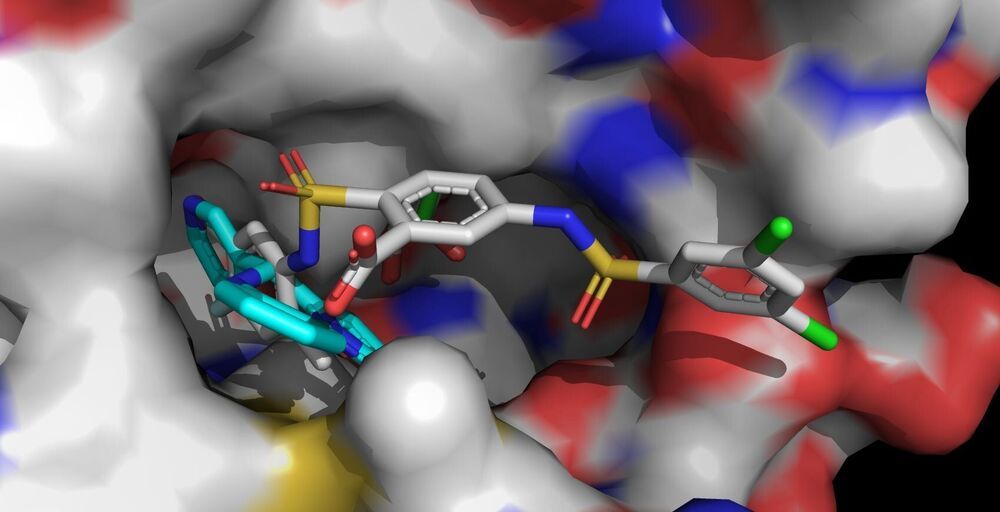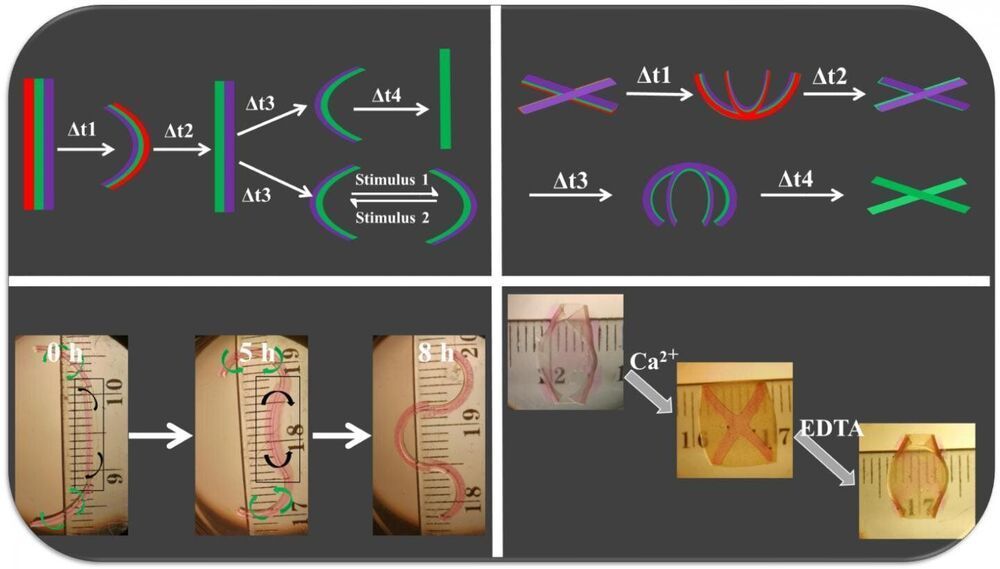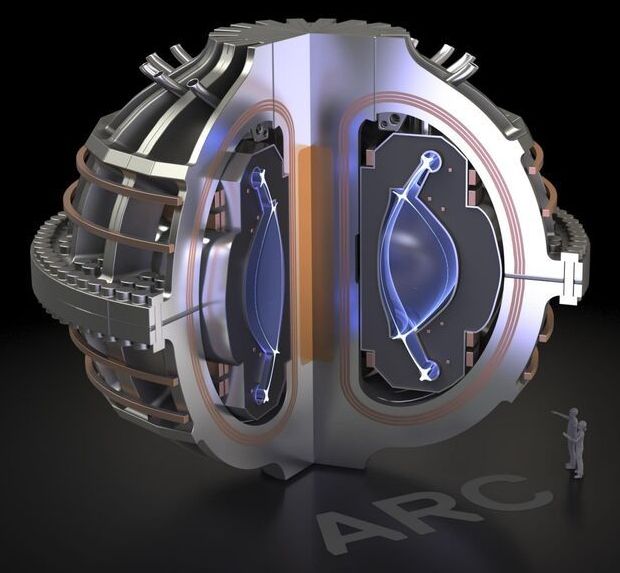In the search for ways to effectively combat age-related human disease, the enzyme sirtuin 6 (Sirt6) has recently become a focus of biochemical research. A targeted activation of Sirt6 could prevent or mitigate such diseases, for example some types of cancer. In a paper for the journal Nature Chemical Biology, biochemists from the University of Bayreuth have now shown how the small molecule MDL-801 binds to the enzyme Sirt6 and influences its activity. These findings stand to aid the development of new drugs.







